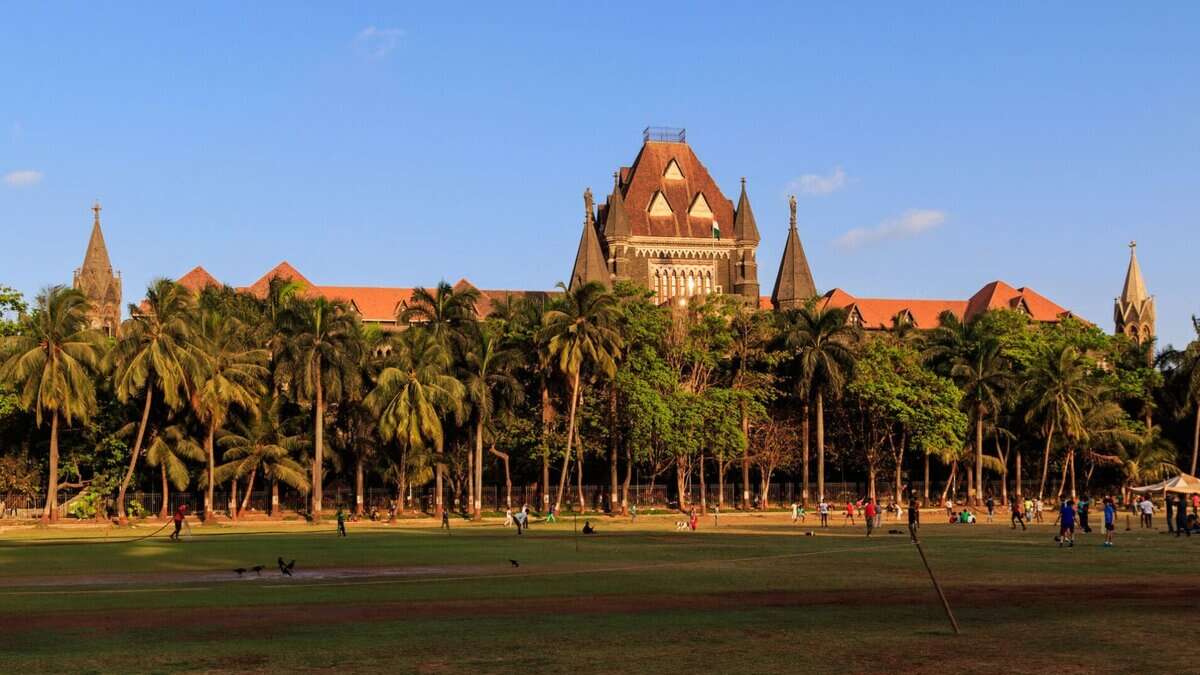
The Bombay High Court refused bail to an alleged Bangladeshi immigrant, ruling out Aadhaar card, PAN card, or voter ID as insufficient documents to prove citizenship.
The alleged Bangladeshi immigrant was booked by the Maharashtra police last year for reportedly misleading government officials into obtaining an Aadhaar card, PAN card, voter ID, income tax records and other documents.
The Bombay High Court said the Citizenship Act of 1955 is the primary law that governs who is recognised as an Indian citizen. “Merely possessing an Aadhaar card, PAN card, or voter ID does not, by itself, make someone a citizen of India,” the high court said, adding, “These documents are meant for identification or for availing services; they do not override the basic legal requirements of citizenship under the Act.”
The high court observed that the Citizenship Act is crucial for protecting India’s sovereignty and its citizens’ rights. “The Act provides a shield against illegal immigrants,” it noted.
The High Court said that ID proofs cannot decide if the person has obtained those documents via fraudulent methods or if they are of foreign origin. “The person should meet the conditions in Sections 3 to 6 of the Citizenship Act or any special provisions applicable to their case,” it said.
The Bombay High Court also highlighted that under Section 9 of the Foreigners Act, 1946, if the Union raises suspicion against a person’s Indian citizenship, until satisfactory evidence is provided, the Citizenship Act will work against the said person. “It then becomes their legal duty to produce satisfactory and lawful evidence proving their Indian citizenship. Unless this burden is discharged, the presumption under the law will work against them,” it said.
What is the Citizenship Act of 1955
The Citizenship Act of 1955 is the primary legislation governing Indian citizenship, outlining ways citizenship can be acquired: by birth, descent, registration, naturalisation, and incorporation of territory. It also sets rules of how it can be terminated or deprived. The Act was enacted to provide a comprehensive framework for citizenship matters after the commencement of the Indian Constitution.
The Constitution of India provides for a single citizenship for the entire country.




